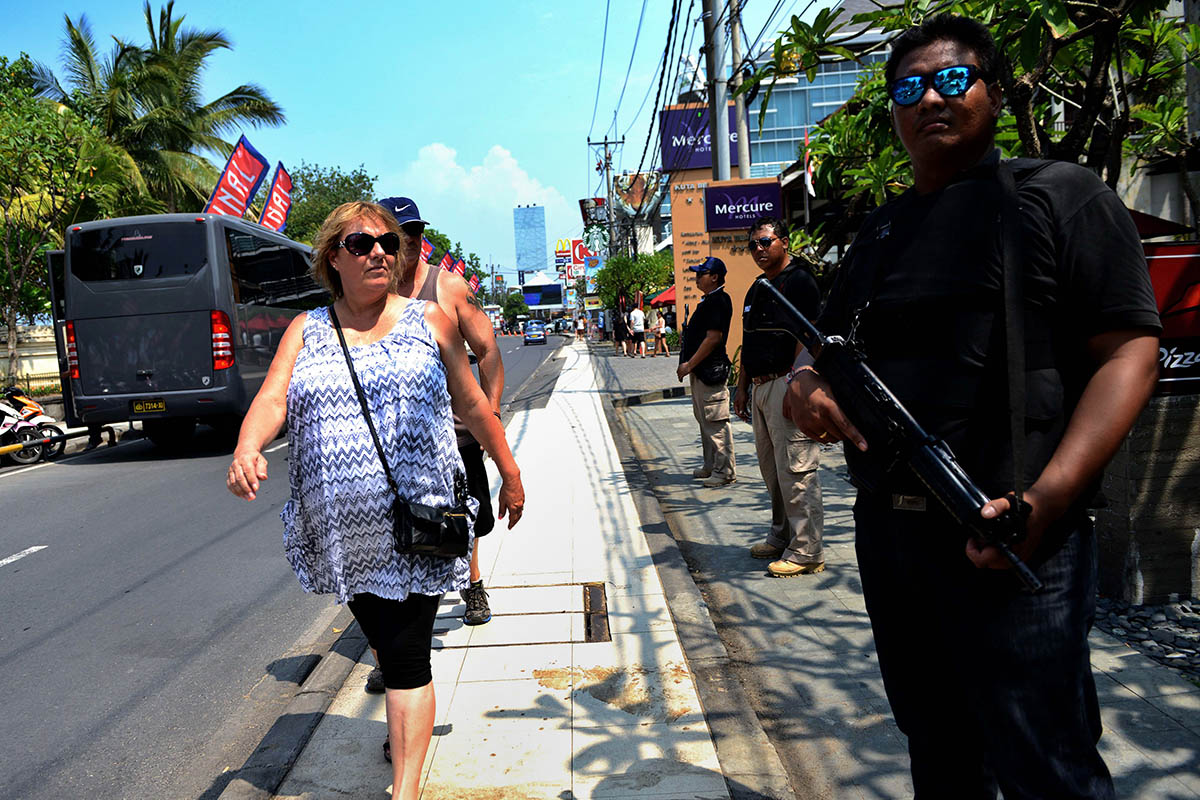The 10 member states of ASEAN (Association of Southeast Asian Nations) are strengthening their cooperation and strategies to counter the continuous rise of radicalisation and violent extremism in the region, which may lead to terrorism in all forms and manifestations. The ASEAN member states have adopted a declaration – also known as the Manila Declaration – to combat and prevent transnational crimes in the region during the 11th AMMTC (ASEAN Ministerial Meeting on Transnational Crime) held in Manila, the Philippines last week.
AMMTC Leader-Philippines and officer-in-charge of the Philippine Department of Interior and Local Government Catalino Cuy said in his speech during the 11th AMMTC that ASEAN is committed to further intensify its efforts and strategies to counter these threats through conducting regular regional dialogues and consultations, exchange of intelligence information and resources, establishing joint operations as well as engaging regional partners in capacity building programmes. Cuy said radicalisation and violent extremism are huge challenges that threaten peace, order and security in the region as well as across the globe. “But more than these, we should be able to promote or encourage tolerance of ideological differences in schools and the social media, among others, with a greater focus on the youth and women,” he added.
Under the declaration, ASEAN member states have placed a strong emphasis on the aspects of deradicalisation through rehabilitation and reintegration programmes as part of comprehensive measures in countering terrorism besides applying force or punitive measures. This is to ensure that radicalised or extremist individuals are ready to be re-integrated into society as well as to prevent a "relapse" into militant or terrorist activities.
It also emphasises on the implementation of a sustained and proactive approach through capacity building programmes including short and long-term initiatives focused on promoting education – peace education in particular. The declaration reiterated the importance of cultivating modernisation among youths in the region while encouraging them to acquire better knowledge, skills, attitudes and values as part of its awareness and prevention efforts to counter violent extremism and radicalisation, in line with the Langkawi Declaration on the Global Movement of Moderates.
The Manila Declaration has also highlighted on the continuous information sharing and exchanges on the best practices among ASEAN countries on top of providing mutual legal assistance in criminal matters and extraditions related to the rise of radicalisation and violent extremism in conformity with the respective domestic laws of the respective ASEAN member states.
This declaration includes the development of an integrated, evidence-based approach in addressing the threats posed by the rise of radicalisation and violent extremism. The approach includes promoting dialogue and conflict prevention while strengthening good governance, human rights and the rule of law. It also engages communities and empowers youth, women and promotes gender equality, provides education, skills development and employment facilitation as well as strengthens strategic communications, the internet and social media.
The declaration also emphasises on strengthening the existing mechanism for addressing terrorism, radicalism and violent extremism including through the conduct of a regular regional dialogue such as through focal points of relevant law enforcement agencies to share analyses, factors, root causes and risk assessment in order to strengthen national and regional counter-terrorism efforts. It also stresses on the importance to pursue strong collaborations with ASEAN dialogue partners, related international organisations and other stakeholders through the exchange of experiences, lessons learned and best practices in addressing radicalisation and violent extremism.
